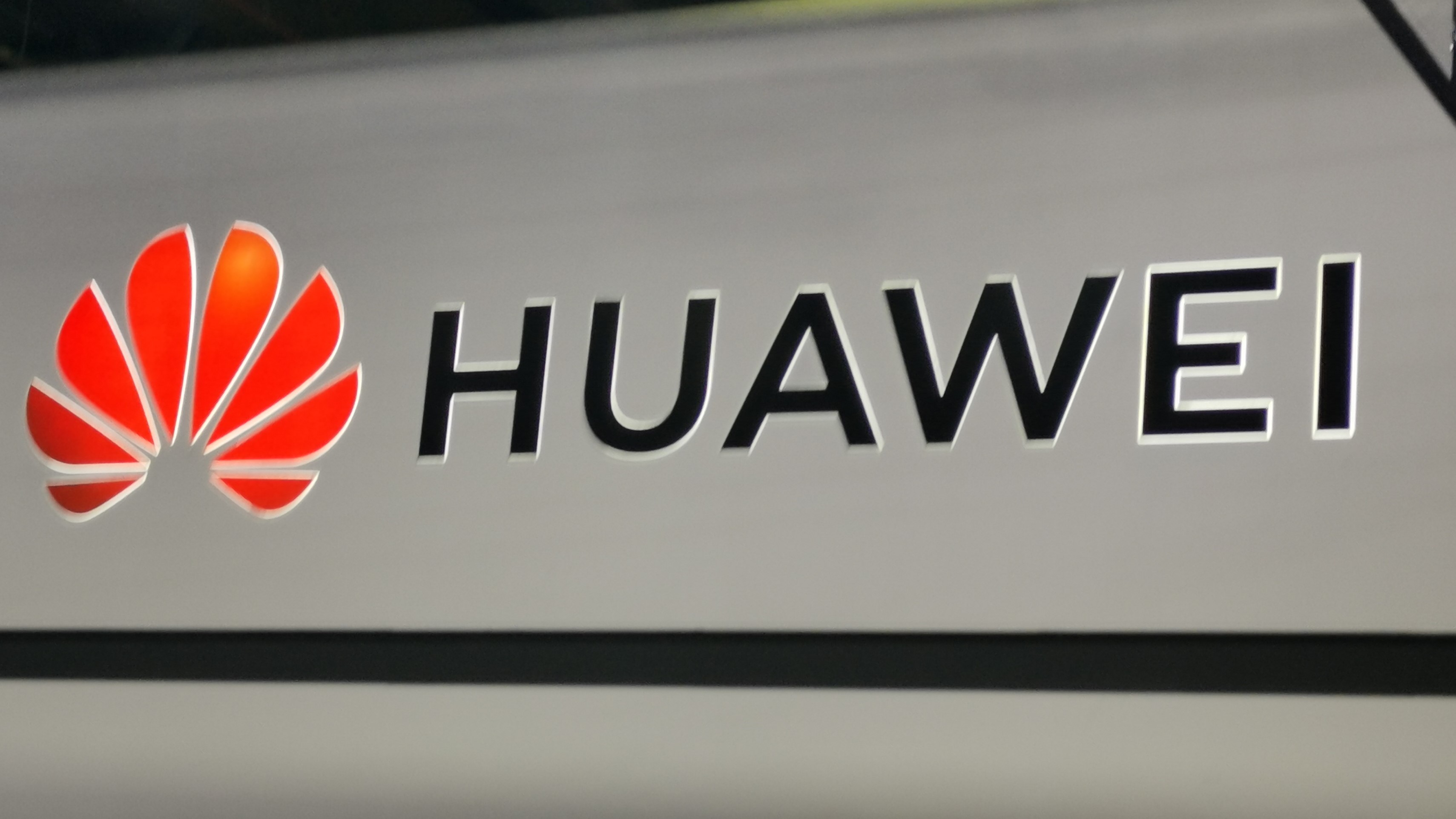UK Huawei ruling leaves 5G politics to the politicans
Mobile industry finally gets some certainty

So there we have it. Almost a year after we expected the decision to arrive, the government has provided at least some clarity on the role that Huawei can play in the UK’s 5G rollout.
The issue has been a complex political hot potato, delayed repeatedly by developments in Westminster and possibly influenced by Washington. Already, national newspapers and television channels are framing the ruling as a major challenge to the UK’s relationship with America.
Meanwhile politicians of a certain political persuasion are suggesting the country has exposed itself to unnecessary security risks.
- UK government confirms Huawei 5G role
- MPs: No technical reason to ban Huawei from UK
- What is 5G? Everything you need to know
Huawei UK
But from an industry standpoint, little has changed. Operators will be allowed to use kit from “high risk vendors” in the radio layers of its network but not the sensitive parts, and only for 35 per cent of their networks. This cap applies to levels of network traffic and sites rather than population coverage.
Prime Minister Boris Johnson will hope he has struck a balance between appeasing Donald Trump and ensuring the UK establishes a leadership position in 5G. While the UK lagged behind Asia and the US in the race to 4G, early launches, strong government support and a vibrant startup ecosystem mean Britain is well-placed for the next generation of networks. Denying operators access to Huawei gear would have risen cost and reduced innovation, jeopardising this position.
Outsiders might conclude that the decision will satisfy neither side of the argument but in reality the government has essentially formalised existing practice. No operator plans to use Huawei gear in the core network, while all intended to use a mixture of kit from different vendors.

While it remains to be seen how the imposition of a cap will influence dealings with other vendors, such as Ericsson and Nokia, operators can roll out 5G confident they won’t have to strip out kit because of a government whim. Huawei, too has welcomed the decision, as has the UK’s technology industry body.
Sign up to the TechRadar Pro newsletter to get all the top news, opinion, features and guidance your business needs to succeed!
“The deployment of 5G and full-fibre broadband will underpin the economic transformation of the UK over the next decade,” said techUK. “Today’s decision sets out how 5G can be rolled out quickly and securely. It gives businesses deploying that infrastructure more of the clarity that they need to get on and build their networks.”
How the US reacts is anyone’s guess. Although some nations, most notably Australia and Japan, have followed its lead and banned Huawei, Washington’s pressure has had no real impact in Europe. Germany, for example, has pushed for a vendor-neutral approach to network security. Indeed, the UK’s stance could influence decisions made by individual governments and the EU.
Today’s ruling is far from the end of the matter – expect the political fall out to continue. It's also possible the cap could also pose issues further down the line, especially since the government guidelines suggest it could be reviewed in the future.
Indeed, BT has already admitted the ruling will cost it £500 million and other operators will need to seek multiple suppliers.
But at least for the time being, operators and the wider mobile ecosystem can get on with 5G deployment and leave the politicians to argue.
- Here are the best deals for Huawei mobile phones in January 2020
Steve McCaskill is TechRadar Pro's resident mobile industry expert, covering all aspects of the UK and global news, from operators to service providers and everything in between. He is a former editor of Silicon UK and journalist with over a decade's experience in the technology industry, writing about technology, in particular, telecoms, mobile and sports tech, sports, video games and media.